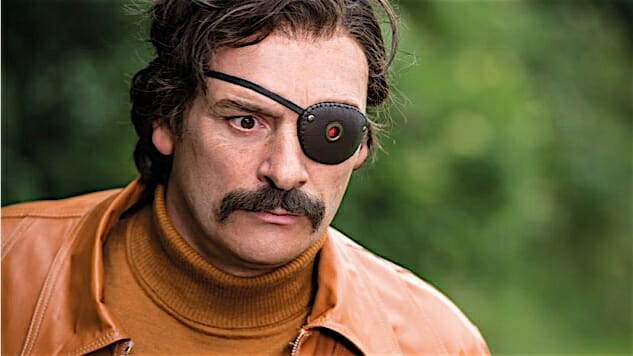Mindhorn

The premise of Mindhorn is simple enough that it almost feels familiar: a washed-up actor known for playing a detective on television is given new purpose when he must slip into the role again to help the police catch a murder suspect who believes the detective was real. Combining aspects of Austin Powers, Hot Fuzz and The World’s End, it’s the kind of project I could see being watered-down and remade in ten or so years for an American audience (see Death at a Funeral and The Office) starring the likes of Adam Sandler (or Jeff Bridges, if we’re going a classier route). This assessment isn’t a knock on Mindhorn, which is an enjoyable film in fits and spurts—merely an observation, perhaps, of how effective this type of character study is, and the recognizable horror of watching someone realize they have become a relic.
-

-

-

-

-

-

-

-

-

-

-

-

-

-

-

-

-

-

-

-

-

-

-

-

-

-

-

-

-

-

-

-

-

-

-

-

-

-

-

-








































